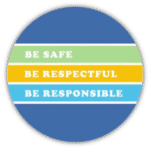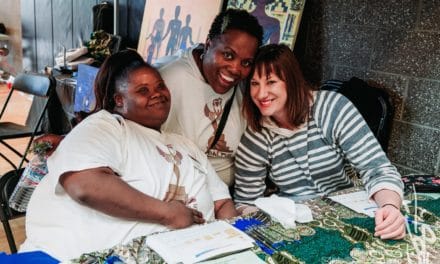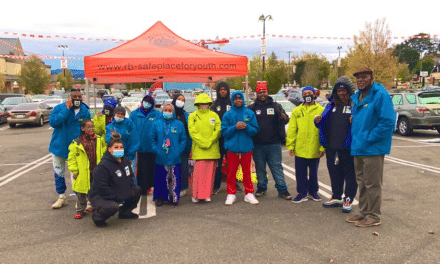At RBAC we prepare a list of topics in advance that we want to use for this section. One of your RBAC staff people suggested a topic that would help people in the neighborhood manage the changes of seasons. Doing research on this topic led us to the knowledge of condition called Seasonal Affective Disorder (SAD). We did not think this is what the original idea was meant to be about but considering we all are recovering from something we thought we would go with it. While it might sound like a foreign concept, it’s legit—it can make the winter months a huge struggle. Less light and colder weather take a heavier toll on our friends that suffer from SAD, making completing daily tasks, such as working out, overwhelming. For those of us not so impacted the steps to overcome SAD can/should still be applied to our daily lives. Here’s something for your consideration.
According to the experts one of the best treatments you can do for SAD is light therapy. Let the sun shine in your home and office. Get outside and get as much natural light as possible; if it’s just too cold, invest in some daylight simulation bulbs.
Exercise is also great for your mental health, so yes, it’s also a great way to help manage SAD. Because exercising releases feel-good chemicals like serotonin and endorphins, it can be just as effective as medicine when treating mild depression (which is great news, especially for those of us who experience only some symptoms. Regular exercise is beneficial with depression and there is some evidence that it is also helpful for seasonal affective disorder. Being on a structured, regular schedule is very important to help with proper sleep hygiene. The important thing is to do something daily and keep a routine.” Scheduling 30 to 60 minutes a day to get moving will pay off in dividends—bonus points if you layer up and fit in some outdoor exercise. While the specific type of exercise doesn’t seem to matter incorporating some meditation exercise, like yoga or tai chi, can be helpful.
Diet is also a part of a healthy lifestyle and plays a big part in our mental health. A big diet change is also one of the first signs of a problem. If your weight has significantly changed ([you’ve] lost or gained weight), this is a warning sign that something medically may be going on, or depression is worsening. It’s also important to be mindful of what you put into your body, as certain foods may make you feel worse. Whole, fresh foods will be our best bet when it comes to an emotionally stable diet. Foods that contain a lot of refined sugar or a lot of fat are going to contribute to mood highs and lows, making us seem a lot more blue. Try keeping track of what you eat for a while—notice what foods contribute to feeling sad or irritable. It’s probably best to avoid those foods during the winter months. Effectively managing SAD is going to be more of a lifestyle change than anything. A wholesome diet and regular exercise is essential to help keep bad feelings at bay.
Another tool is to get involved in your community. There are a number of areas RBAC could use help with. You can join the Corner Greeters. Mondays 4:30 @ RBAC Offices 9013 Martin Luther King Jr Way. Call 206-914-1762 or email rashad@rbcoalition.org. We are also looking for people who have hitches on their automobile or truck to help deploy the Mobile Discovery Center. Another opportunity is to become a Food Innovation District Partner to increase jobs, wealth and affordable housing in Rainier Beach. Call 206-859-7820 We hope this information proves useful.
By:Rashad Barber








